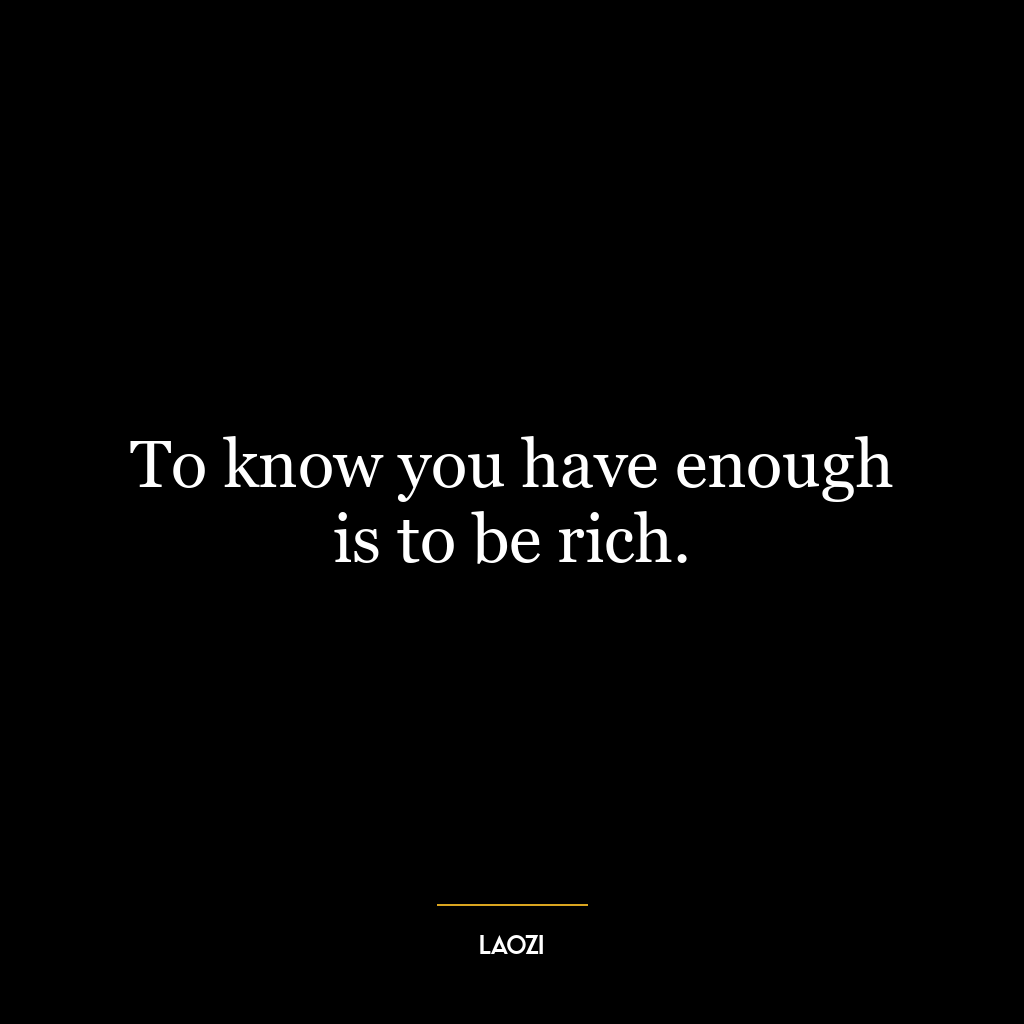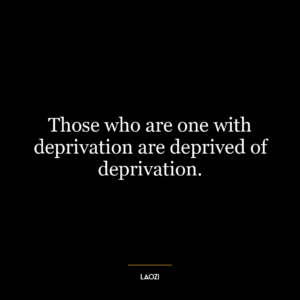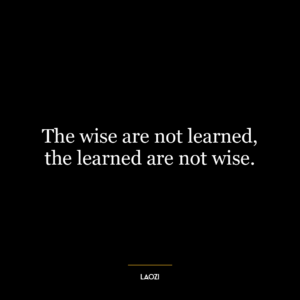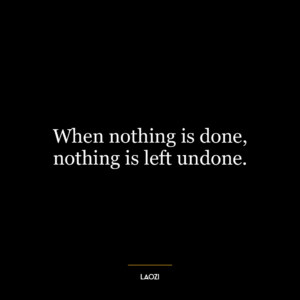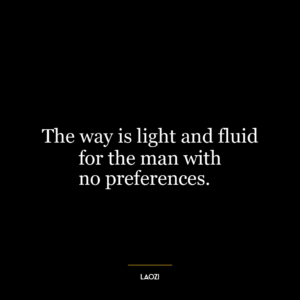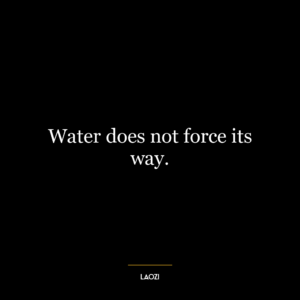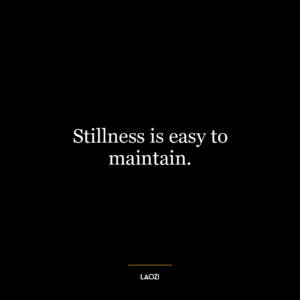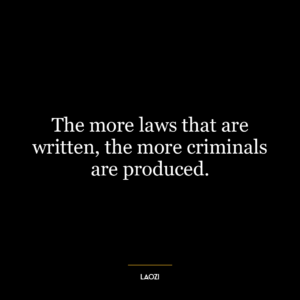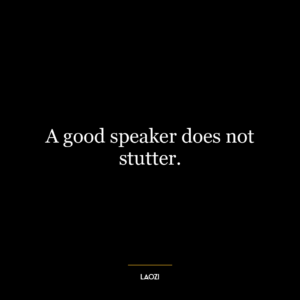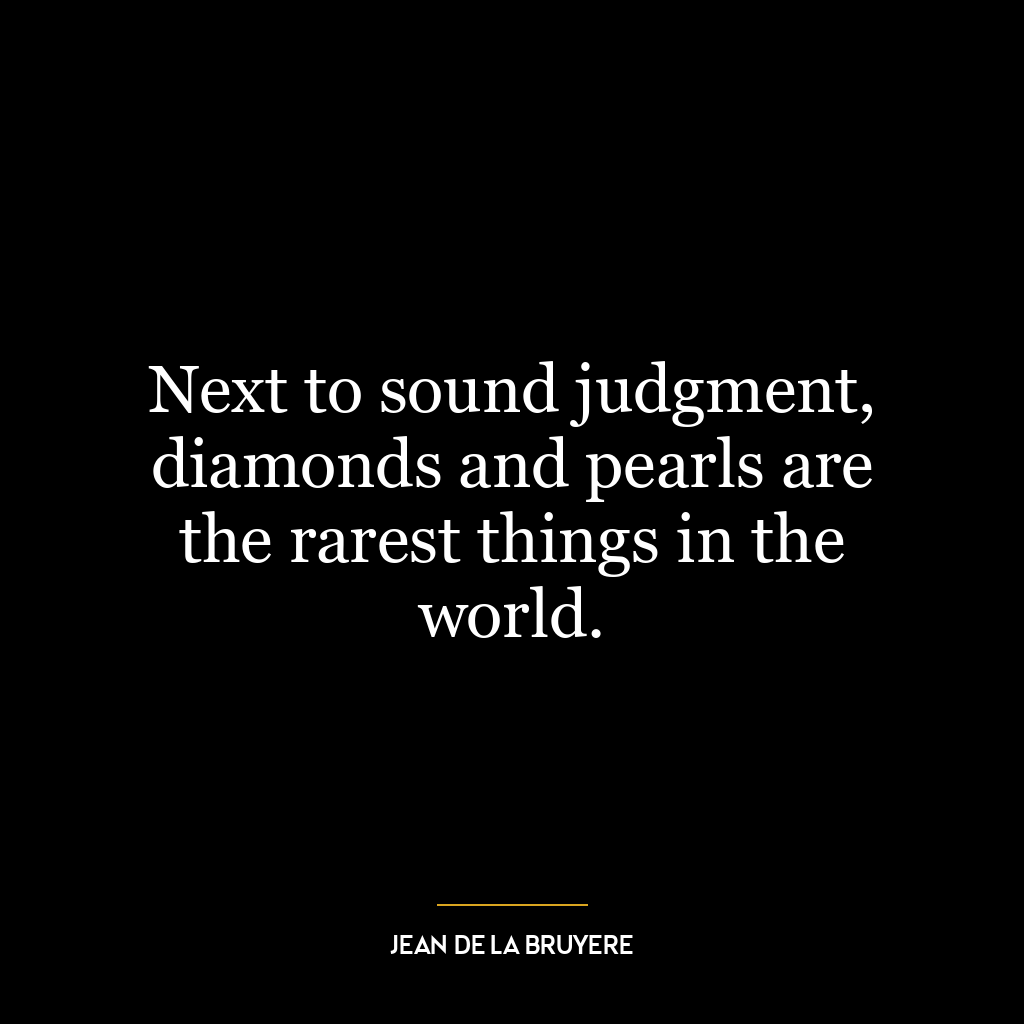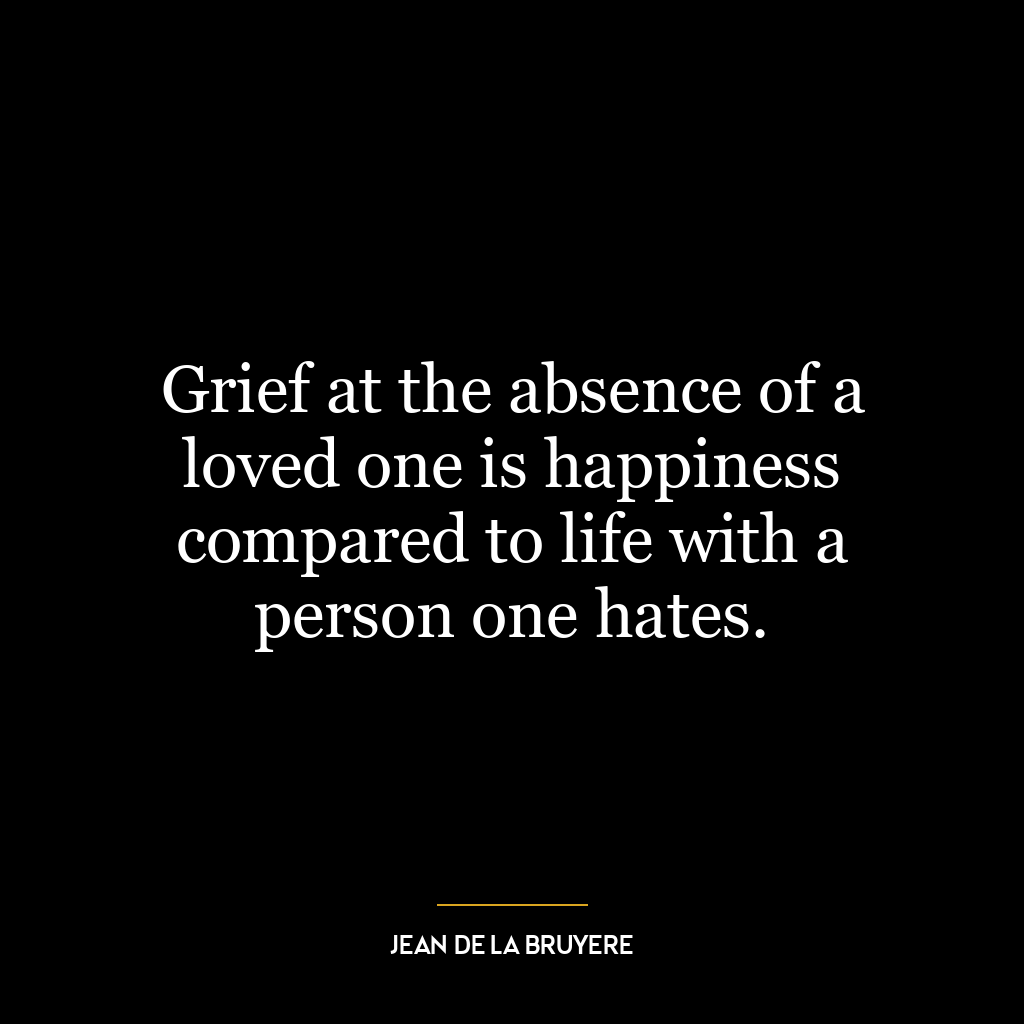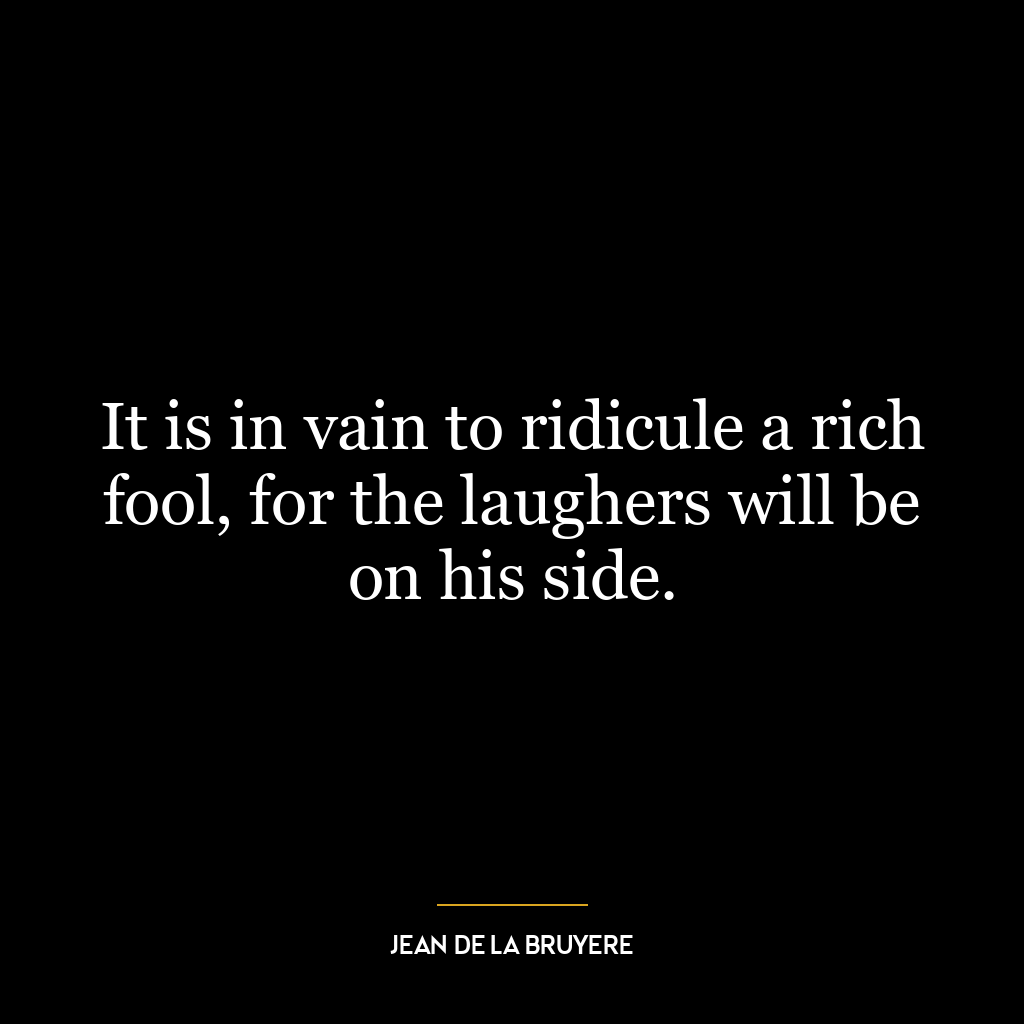To know you have enough is to be rich.
This quote, “To know you have enough is to be rich,” is a profound statement about the nature of contentment and wealth. It suggests that true richness does not come from the accumulation of material possessions, but rather from a deep sense of satisfaction and contentment with what one already has. In other words, the feeling of having enough, of not needing more, is the true measure of wealth.
This idea challenges the conventional understanding of wealth as an abundance of material possessions or a large amount of money. It invites us to consider wealth from a different perspective, one that values inner contentment over external acquisitions. It suggests that the incessant pursuit of more – more money, more possessions, more success – may not lead to true richness or happiness. Instead, recognizing and appreciating what we already have can bring a sense of wealth and contentment that material possessions cannot.
In today’s world, where consumerism and the pursuit of wealth are often glorified, this idea is particularly relevant. We are constantly bombarded with messages that encourage us to want more, to buy more, to achieve more. This can lead to a never-ending cycle of desire and dissatisfaction, as there is always something more to want, something else to achieve.
Applying this idea in our lives, we might find greater happiness and contentness by focusing less on what we don’t have and more on appreciating what we do have. This doesn’t mean that we should not strive to improve our lives or work towards our goals. Rather, it means finding a balance between striving for more and appreciating the present. It means recognizing that while material possessions can bring comfort and convenience, they do not define our worth or our happiness.
In terms of personal development, this idea encourages us to cultivate a sense of gratitude and contentment. It invites us to reflect on our desires and aspirations, to question whether they are driven by a genuine need or by external pressures and expectations. It encourages us to find richness in our relationships, our experiences, and our personal growth, rather than in material acquisitions. By doing so, we may find a sense of wealth and contentment that is deep, lasting, and fulfilling.

